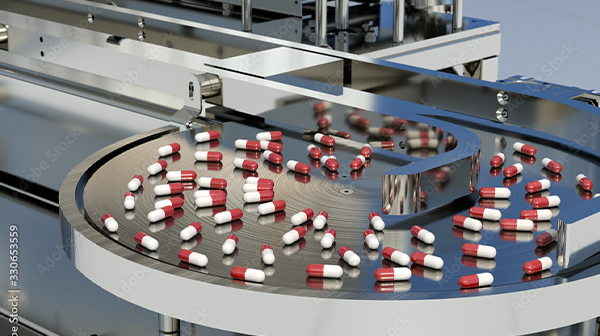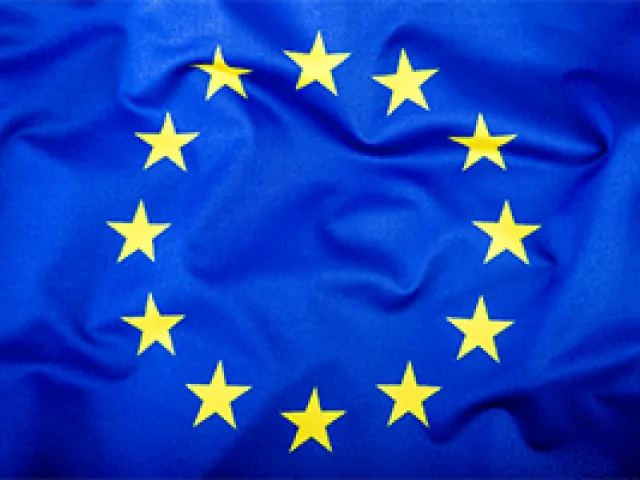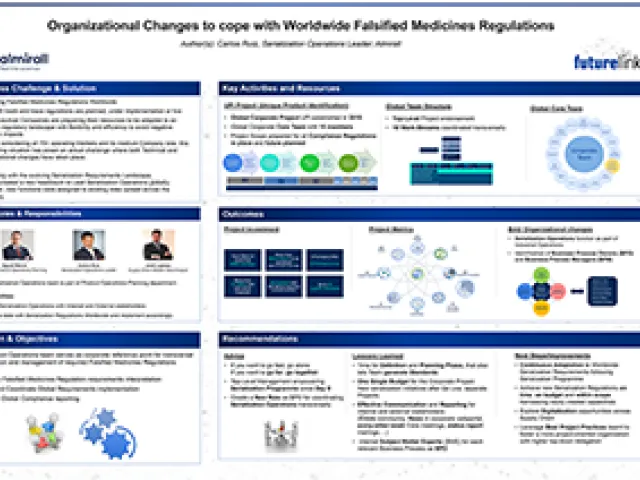Table of contents
 Several people were hospitalized in Austria recently after taking a counterfeit version of the diabetes drug Ozempic to lose weight—and authorities noted that the individuals taking the counterfeit product could have died without immediate treatment. A lab analysis showed that the counterfeit Ozempic drugs were actually relabeled insulin pens.
Several people were hospitalized in Austria recently after taking a counterfeit version of the diabetes drug Ozempic to lose weight—and authorities noted that the individuals taking the counterfeit product could have died without immediate treatment. A lab analysis showed that the counterfeit Ozempic drugs were actually relabeled insulin pens.
This disturbing incident underscores the critical need for consumers to acquire medicines only from authorized and licensed physical and online pharmacies, as well as the importance of legal mandates like the European Union Falsified Medicines Directive (EU FMD), which helps to prevent counterfeit drugs from entering the legitimate supply chain and getting into the hands of patients.
The victims of the counterfeit Ozempic pens suffered from severe hypoglycemia and seizures believed to have been caused by an insulin overdose. Earlier this year, Novo Nordisk, the maker of Ozempic, issued a warning about the growing number of illegitimate websites selling counterfeit versions of the popular drug.
“Novo Nordisk is investigating and reporting every counterfeit case we are made aware of to local authorities, in accordance with applicable regulations,” Allison Schneider, a Novo Nordisk spokesperson said in a statement. “Patients can help protect themselves by only buying medicines from legitimate sources and with a prescription from a healthcare professional.”
Novo Nordisk has previously warned that "medications purchased online or in-person from foreign or unlicensed sources may be misbranded, adulterated, counterfeit, contaminated, improperly stored and transported, ineffective, and/or unsafe.”
How EU FMD protects consumers from counterfeit drugs
The incident in Austria and recent cases of counterfeit Ozempic drugs found at European wholesale distributors proves that strict compliance with EU FMD is necessary to reduce or avoid these incidents. EU FMD states that if a wholesale distributor does not receive goods directly from a manufacturer or directly from a designated wholesaler, they must perform risk-based verification. It appears that in this case, a verification was not performed, which led to the product being sold to another wholesaler in the United Kingdom. The incident in Austria illustrates the critical importance of laws like EU FMD for two key reasons:
1. EU FMD mandates help to support counterfeit drug investigations. In the case of the fake Ozempic found in Austria, the counterfeiters attempted to mask the adulterated product by putting 2D barcodes and serial numbers on the packaging. As part of the investigation, these barcodes were scanned and immediately determined to be a set of serial numbers that were marked as decommissioned. Additionally, if the falsified drugs somehow entered into the legitimate supply chain, they would likely be detected upon point-of-dispense scanning, which is a requirement for retail pharmacies under EU FMD. Hospitals have the option of scanning products when received as well as when they are dispensed.
2. Laws like EU FMD discourage criminals from counterfeiting drugs. EU FMD and similar regulations around the world make it more challenging to distribute counterfeit drugs in the legitimate supply chain through tools and requirements such as serialization, reporting, barcodes, and verifications by dispensers, who are the last line of defense against counterfeiters. This level of difficulty serves as a deterrent to counterfeiting. While nothing can promise to stop counterfeiting completely, each layer of security helps the pharmaceutical industry stay one step ahead of the criminals.
EU FMD investments make sense
Manufacturers bear the responsibility for funding the EMVS (European Medicines Verification System). While some in the pharmaceutical industry have argued that EU FMD is an unnecessary financial burden, citing a "minimal" threat of counterfeiting, the counterfeit Ozempic incident in Austria proves that the danger is real and the investments are justified. The incident also shows that anti-counterfeiting systems only work when all supply chain entities use them as prescribed by law.
In a recent EU Commission meeting, representatives from DG SANTE, the group responsible for carrying out the commission's policies on health and food safety, stated that it is time for EU FMD stabilization periods to end and for authorities to enforce full EU FMD compliance. The group also stressed that the EU reporting system should be applicable in all EU member states by February 2025, according to the meeting minutes.
EU FMD is a necessity that will help to significantly reduce the incidences of criminal enterprises distributing counterfeit drugs in the legitimate supply chain and putting lives in danger. Contact TraceLink to discuss your EU FMD compliance strategy today. TraceLink customers can discuss topical incidents such as this with peers in our exclusive TraceLink Community EU Special Interest Group.





